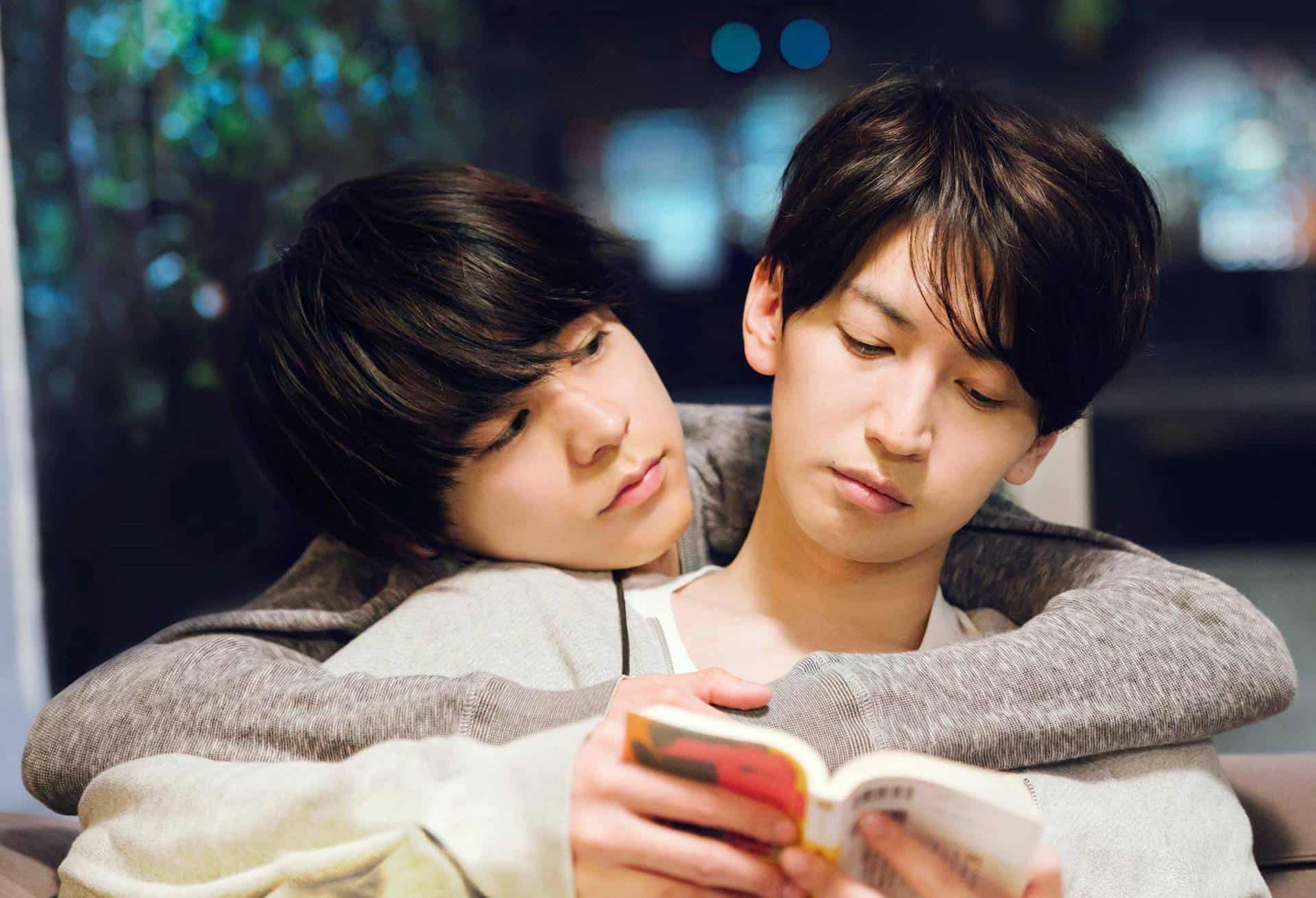Another splendid sample of Japanese indie cinema, “100 Yen Love” depicts the contemporary life in the metropolis, which is chiefly characterized by alienation and solitude, with raw realism.
Buy This Title
Ichiko is a 32-year-old living with her parents in the first floor of the bento shop they own, while recently, her sister has also moved there with her son, due to her recent divorce. Ichiko is a true slob, spending her time playing video games with her nephew, not helping in the shop whatsoever, both facts that constantly infuriate her sister. Moreover, even if her character is flawed, her appearance is even worse, since she is permanently uncombed and unkempt, to the point of usually looking similar to a homeless person. During a fight between the sisters, matters gets out of hand, and the two of them wind up wrestling on the floor. Eventually, Ichiko is forced to move out of the house and subsequently finds a job in a supermarket in the neighborhood. While there, she meets a plethora of peculiar characters: An obnoxious colleague, the director of the shop, who is overly meticulous, a homeless woman who used to work there though now she visits only to steal expired lunches, and Banana-man, a shy person who trains as a boxer in a near-by gym and only buys bananas. An attraction is quickly established between the latter and Ichiko, which, although it begins as something sweet and affectionate, eventually it is interrupted, chiefly due to a number of tragic incidents her obnoxious colleague is directly involved. Subsequently Ichiko, who lingers between rage and bitterness, decides to pick up boxing.

Masaharu Take, the director, presents a film that even though it starts as a tragic family drama, eventually it is remodeled into a social one, attempting to demonstrate the ugly perspective of contemporary Japanese society: Family troubles, dysfunctional relationships among individuals, either occupational or romantic, and, lastly, the fear of solitude that can drive a person to adopt extreme measures. His characters are all tragic, each in his own way, however not all of them realize the fact. Those who do, chiefly Ichiko, wind up being victims of the rest. Furthermore, even the latter's life is in a permanent mire, an unending cycle, without any hope for improvement.
In the conclusion however, inside this completely depressing setting, the director presents a hope of salvation, through discovering an enjoyable pursuit and dedicating to it, in order to fill one's empty life constructively and gain a measure of self-appreciation.
A citation should also be given to the director as much as the protagonists, for the realistic depiction of boxing, in one of the rare occasions where its difficulty and brutality are revealed, as much as how hurtful it could be, particularly for the one losing.
Sakura Ando is the protagonist and the definite star of the movie, who, in my opinion and after this particular movie has been established as the contemporary “goddess” of the Japanese indie industry. She plays a character whose life fluctuates between tragicomic and tragic, since nothing seems to be going her way. Her best moments occur when she is “parading” her absurd, at least in appearance, presence, while retaining her natural kindness, her hope for love and improvement in general, despite the continuous obstacles life seems to put in her way. Her boxing scenes are utterly realistic, chiefly the final fight that according to her statement, although it was choreographed, the director demanded from the women to literally punch each other, thus resulting in her receiving several actual hits. By inference, she trained arduously to be able to scrape through those scenes.
Hirofumi Arai plays with relative success Banana-Man, a handsome, shy, slightly maladjusted young man, in a rather smaller part, however. Takashi Sanada plays the obnoxious colleague with utter success, chiefly because he manages to make the audience despise him from the first minute of his appearance.
Technically, “100 Yen Love” is evidently low-budget, an element, though, that, considering the general atmosphere and the scenery of the slums in the metropolis the director wants to present, ends up adding to the permeating realism. In that fashion, the bleakness of the colors, and the overall framing of DP Hiromitsu Nishimura, that communicates the claustrophobic setting the protagonists inhabit, fits the general essence of the movie to perfection. Lastly, Shogo Kaida's music is excellent, with the blues and rock tracks being the ideal soundtrack for both the story and Ichiko.
In conclusion, “100 Yen Love” is an ode to realism that stands apart from the plethora of similar Japanese productions, chiefly due to Sakura Ando and to the unusual solution it proposes for the problems of the contemporary life in the country.
















